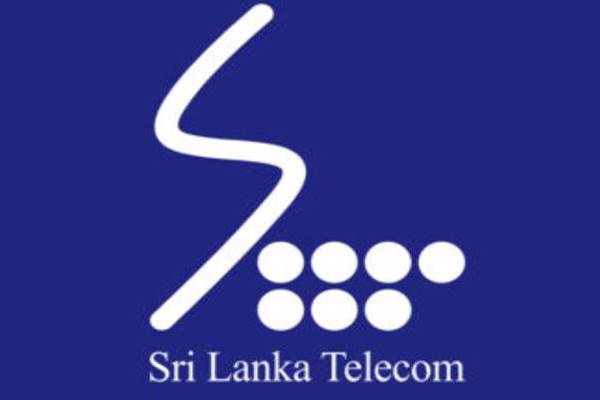As the country’s public movement is restricted by the COVID-19 outbreak, making virtual connectivity to rise, Sri Lanka Telecom (SLT) has been faced with an unprecedented challenge of providing faultless fixed telephone and Internet services to the public
Despite the 40 per cent drop in revenue collection due to curfews, SLT had to continue seamless telecom service to most of the essential public sector institutions.
These included health, armed forces, police, ports, airports etc and a large number of private sector companies, media institutions and individuals.
As a company operating in the telecommunications industry, one of the major challenges faced by it is the growing capital expenditure in order to meet the customer demands.
The company’s average operating cost is around Rs. 40 billion per annum and the loss of revenue should be mitigated for its survival, a top official of the SLT said.
SLT has already activated all modes of revenue collection and the subscribers could pay their telephone bills via online using credit or debit cards.
Arrangements will be made to introduce mobile telephone bill payment units in areas where curfews are in force, to provide easy bill payment service for SLT subscribers. A schedule containing details of the locations and times that these mobile banking units are operating will be announced each day on the SLT website.
Day-to-day activities of the people confined to homes from ordering food, groceries and other necessities, to seeking medical advice and delivery of medicines, are all being enabled with the help mainly of SLT virtual connectivity.
SLT Chairman Rohan Fernando said that the company is now implementing an emergency plan looking after the safety and health of around 7000 employees including around 2000 technicians and workers serving countrywide.
This COVID -19 pandemic response plan has been activated with necessary risk mitigation procedures for maintaining networks active as telecom is an essential service.
Special attention has been made for the safety and health of field workers attending urgent repair work during breakdowns.
Field and office level work is now being carried out with the minimum of staff leaving most functions of SLT to be handled remotely from homes.
(LI)

